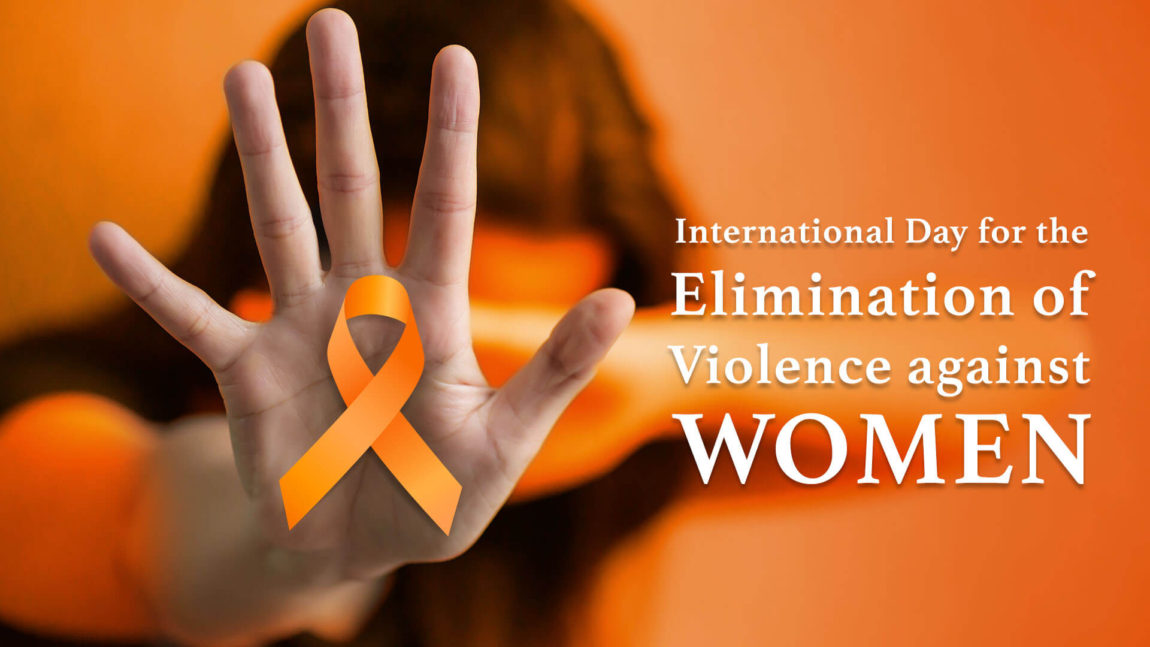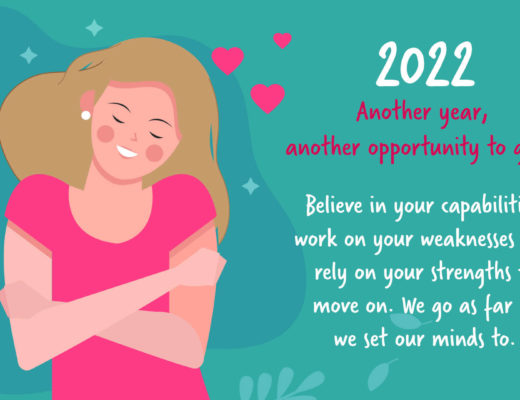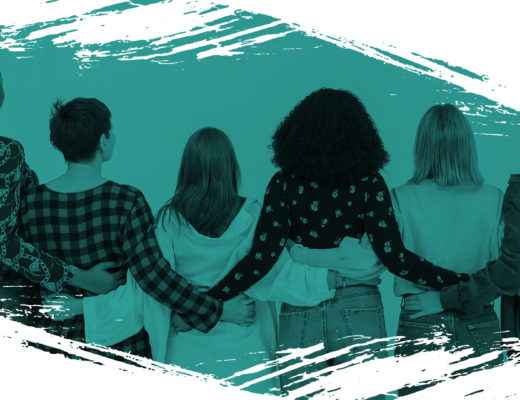November, 25th. The international day for the elimination of violence against women. As I think about this important day, I can’t help thinking, for how long will women have to be brave instead of feeling free?
Up to this day, many women go out on the streets filled with dread. As they fight battles no one could ever imagine, these women hide the scars of emotional and physical abuse within their souls and bodies, gathering a large amount of courage to face their everyday aggressors or shameful and denigrating situations in public. When will this stop?
Around the world, 49 countries are yet to write laws to protect women from domestic violence.1 And while we wait for legislation reforms, women suffer inside and outside their homes, afraid for their lives.
What we need to understand about violence against women is that it comes in many dangerous forms. According to the United Nation General Assembly in 1993, in the “Declaration on the Elimination of Violence Against Women”, violence against women is defined as “any act of gender-based violence that results in, or is likely to result in, physical, sexual or psychological harm or suffering to women, including threats of such acts, coercion or arbitrary deprivation of liberty, whether occurring in public or in private life.”2
All of these despicable manifestations of violence leave many women feeling intimidated, diminished and even ostracized from society, friends and family due to the powerful psychological damage that comes afterwards.
Being yelled at, restriction of economic resources and social activities, and being harassed in or outside a marriage or home, it all sums up in the heavy bill of emotional and physical abuse a lot of women go through in their daily lives.
Sometimes, the damage cuts so deep, that many choose to keep quiet, holding on to the pain and abuse, too afraid to admit what’s going on, mostly because they believe there will be worse consequences from their aggressors.
They make up excuses and questionable arguments like “It’s not violence, he didn’t punch me in the face”, “It was my fault, I asked for it”, “This is what I get and I must live with it”. But only because they don’t know how to defend themselves: their retaliations are born out of dread, insecurity and intimidation.
Many aggressors, especially men, act through manipulation, making women and girls feel weak, brainwashing them into thinking they deserve it because they did something wrong. They viciously play a constant oppression and intimidation game, keeping their victims in the shadow.
These women can’t admit or don’t understand the damage extension of the violence and emotional wounds they go through, eventually accepting it as part of their lives.
This dire situation has become a cultural crisis and a precarious notion in many communities that need to be erased and reconstructed to protect our women and girls from harm.
Even on the lesser side of smaller situations, some men feel contradicted by women when they stand up for themselves. They feel outraged because their female counterparts are not “doing what they’ve been told”, accustomed to submissive and passive behaviors. This must be corrected from the very core of early education.
Women and girls should feel free everywhere they go, not having to rely on courage to step outside or inside their homes. And when they are back home, they should feel safe, loved, supported and protected just like anyone else.
And to reach that goal, we need to eradicate gender violence in all forms with heavier punishments for the aggressors and anyone who acts against women and girl’s safety:
- We need more specific laws that protect women from any form of violence.
- Severe punishment for the aggressors within the laws.
- More world-wide campaigns to raise awareness about gender violence, violations of women’s human rights and many underlying signs of gender oppression within society.
- Educational programs in schools to stop possible forms of aggression and mentalities from developing at early ages to help kids differentiate normal couple behavior from violent situations and abusive verbal communications.
We are the only ones who can put an end to gender violence and protect our women, but we need to step up and fight for those silenced, scared, neglected and confused women who need our help to stop their aggressors and harmful situations. Together, we can make a better world for every little girl and women out there looking to feel free and loved in any space and relationship they walk in.
1 United Nation (2021). Goal 5: Achieve gender equality and empower all women and girls. Retrieved from: https://www.un.org/sustainabledevelopment/gender-equality/
2 United Nation (2021). International Day for the Elimination of Violence against Women 25 November. Retrieved from: https://www.un.org/en/observances/ending-violence-against-women-day




